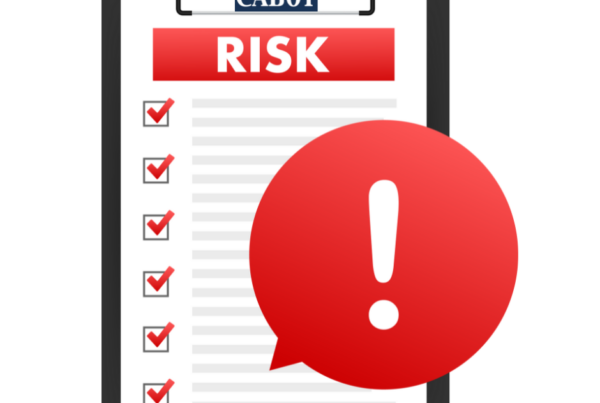
Being a parent is the best job ever, BUT, it can be nerve racking and worrisome, too; especially when your teenage children begin driving.
Here are some pieces of advice for parents of new drivers:
- Lead by Example: As a parent, your actions behind the wheel greatly influence your child’s driving habits. Follow traffic rules, avoid distractions, and demonstrate safe driving practices.
- Provide Ample Practice: Offer plenty of supervised practice sessions in various driving conditions, such as daytime, nighttime, highways, and residential areas. Gradually increase the complexity of driving scenarios as they gain confidence.
- Enroll in a Driver’s Education Program: Consider enrolling your child in a certified driver’s education program. These programs provide comprehensive instruction on driving laws, safety regulations, and practical driving skills.
- Set Clear Expectations and Rules: Establish clear rules and expectations regarding driving privileges, including curfew, passenger restrictions, and cellphone usage while driving. Consistently enforce these rules to promote responsible driving behavior.
- Encourage Defensive Driving: Emphasize the importance of defensive driving techniques, such as maintaining a safe following distance, anticipating potential hazards, and being aware of other drivers on the road.
- Address Distractions: Stress the dangers of distracted driving, including texting, talking on the phone, eating, or adjusting music while driving. Encourage your child to focus solely on the road while behind the wheel.
- Teach Basic Vehicle Maintenance: Teach your child basic vehicle maintenance tasks, such as checking tire pressure, fluid levels, and performing routine inspections. Understanding how to maintain a vehicle helps ensure safety and reliability on the road.
- Practice Emergency Procedures: Review emergency procedures with your child, including how to respond to accidents, breakdowns, or inclement weather conditions. Ensure they know how to safely pull over, use hazard lights, and contact emergency services if needed.
- Monitor Progress and Provide Feedback: Continuously monitor your child’s driving progress and provide constructive feedback to help them improve. Offer praise for safe driving practices and address areas that need improvement in a supportive manner.
- Be Patient and Supportive: Understand that learning to drive can be stressful for both you and your child. Be patient, supportive, and offer encouragement throughout the learning process. Celebrate milestones and achievements to boost their confidence behind the wheel.
Remember that learning to drive is a gradual process, and each new driver progresses at their own pace. By instilling safe driving habits, providing guidance, and being a positive role model, you can help your child become a responsible and confident driver.



